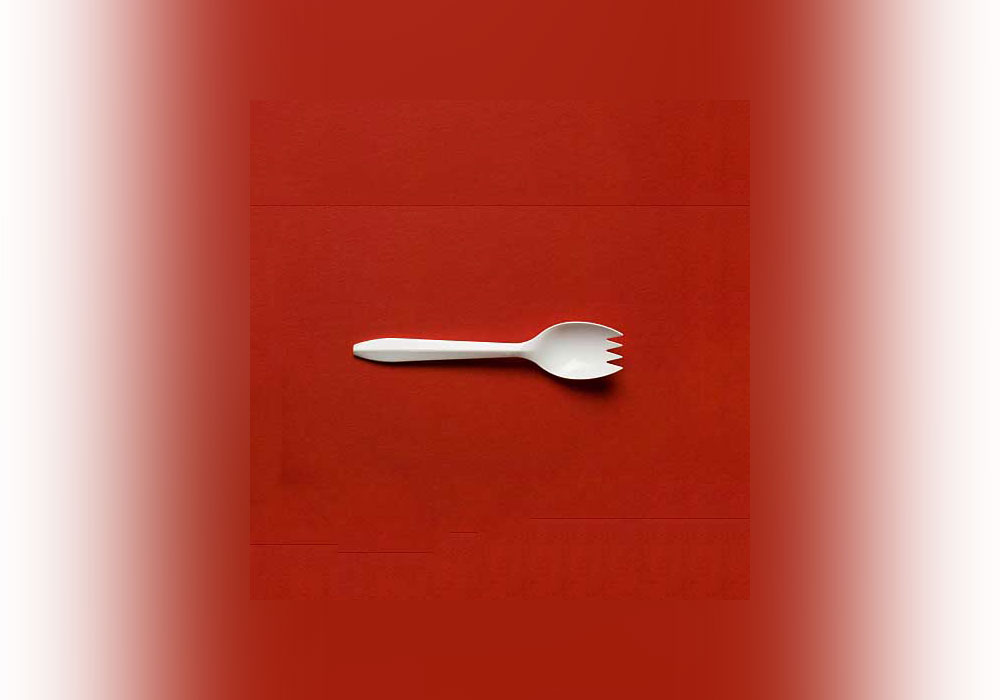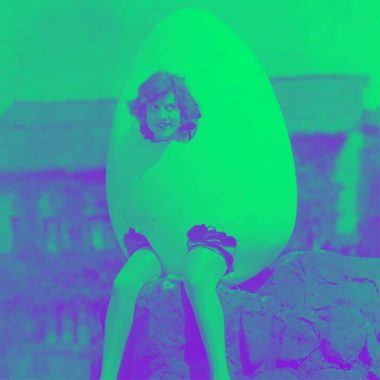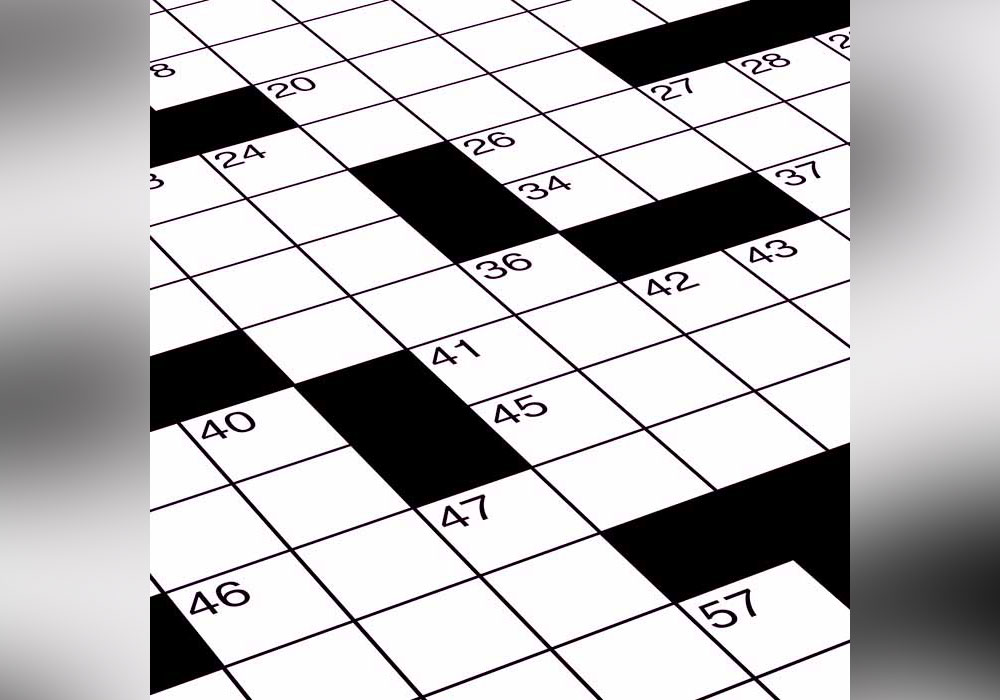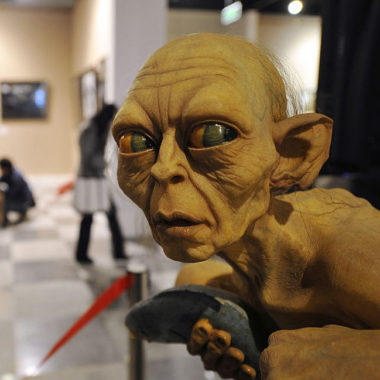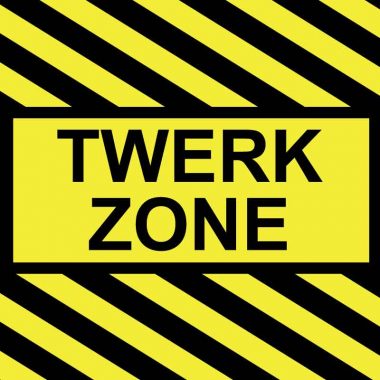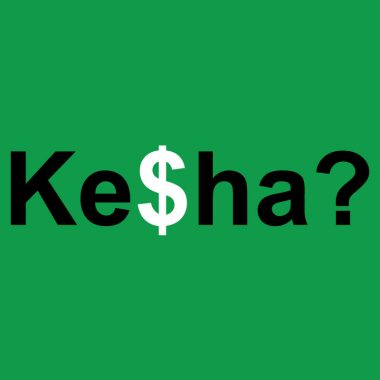The Origin Of Dog Days
It’s hot again, up in the Northern Hemisphere. It’s that time of year when the sun shines its most unforgiving beams, baking the ground and, indeed, us. It’s the portion of summer known as the hottest time of the year. Or, more delightfully, the dog days. Contrary to common conjecture, the dog days do not take their peculiar name from weather that “isn’t fit for …


